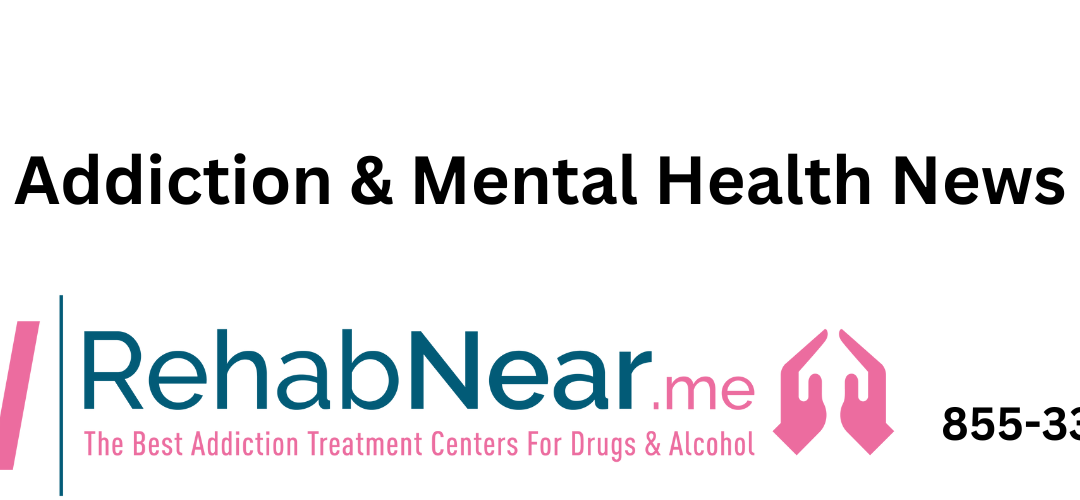In a study recently published in the journal JAMA Network Open, researchers conducted a large-scale systematic review and meta-analysis of published observational studies investigating depression in fathers and their children.
This work, aimed at investigating the association between paternal depression and the subsequent risk of depression in offspring, identified 16 publications comprising 7,153,723 father-child pairs for analyses. Results elucidate the strong association between depression in fathers and subsequently increased depression risk in their children.
It runs in the family
‘Depression’ is an umbrella term for a group of conditions characterized by negative alterations to individuals’ mood, thought processes, or behavior. It is a common and severe medical ailment that affects about 3.8% of the global human population, is slightly more common in females (6%) compared to males (4%), and is more prevalent in adults older than 60.
Neurodevelopmental depression theory implies that depression risks and factors experienced in early life may significantly increase depression risk later. While the associations between maternal depression and offspring depression risk is well documented, few studies explore the links between a father’s depression and the potential for depression in his children.
In a recent article published on News-Medical, researchers delve into the potential connection between paternal depression and its impact on the mental health of offspring. The study suggests paternal depression could be associated with a higher risk of subsequent depression in their children.
The research detailed in the article underscores the importance of understanding the multi-generational effects of mental health issues. While previous studies have mainly focused on maternal mental health, this investigation sheds light on the potential significance of paternal mental well-being on the next generation’s mental health.
The findings suggest that children born to fathers who have experienced depression may be at an increased risk of developing depressive symptoms. Although the mechanisms behind this link remain unclear, the study emphasizes the need for comprehensive mental health support for both parents.
If you or someone you know is grappling with addiction, seeking help is crucial. Recovery is possible, and support is available. Reach out to rehabnear.me at 855-339-1112. Our dedicated professionals can guide you or your loved ones towards the appropriate resources and treatment options. Don’t let addiction control your life – take the first step towards a healthier, happier future today.








